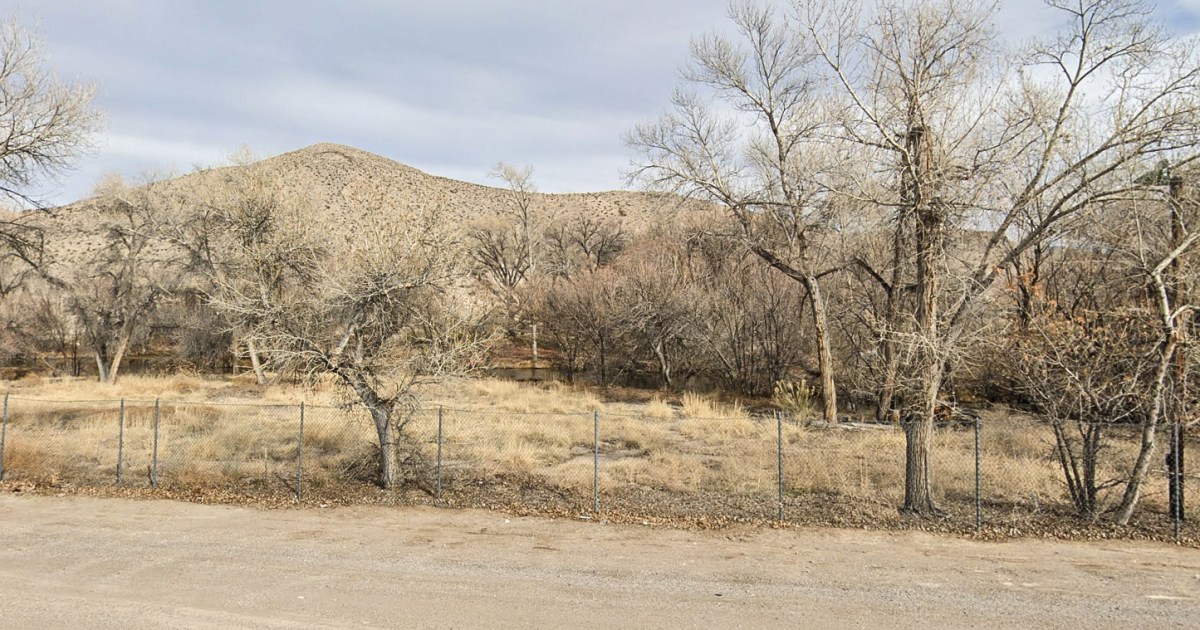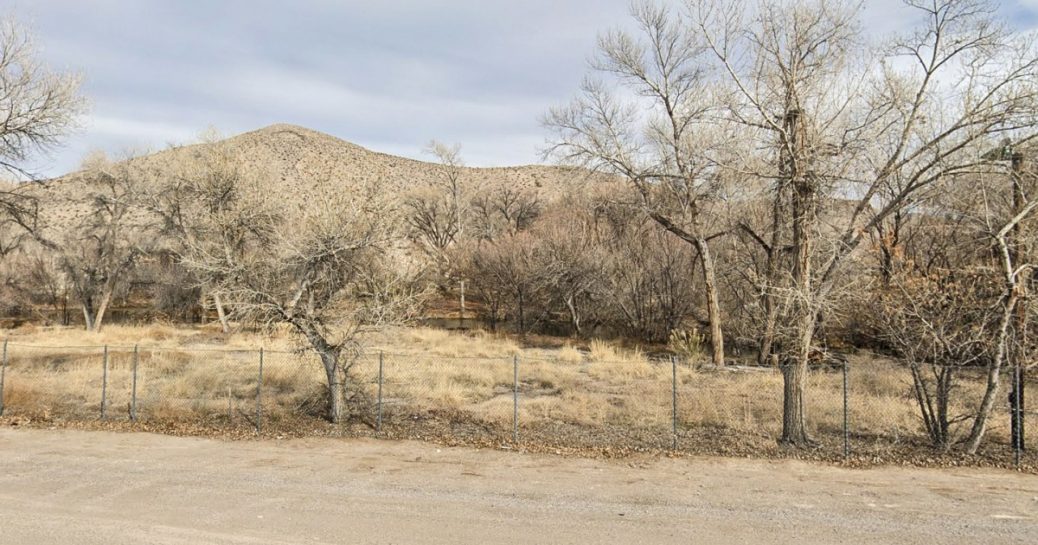
A 2-year-old boy from Nevada, died this week from a Naegleria fowleri infection, also known as a brain-eating amoeba, state health officials and his mother said.
The U.S. Centers for Disease Control and Prevention confirmed Naegleria fowleri to be the cause of the child’s illness, the Nevada Division of Public and Behavioral Health said in a news release Thursday.
The boy, from Lincoln County, just north of the Las Vegas area, may have been exposed at Ash Springs, a natural hot spring in the county, it said.
State health officials didn’t publicly identify the child or immediately respond to a request for his name.
His mother, Briana Bundy, said her 2-year-old son, Woodrow Turner Bundy, died Wednesday after fighting the infection.
Woodrow fought for 7 days, his mother wrote on the Facebook page Rainbows for Raynie.
“He is my hero and I will forever be grateful to God for giving me the goodest baby boy on earth, and I am grateful to know I will have that boy in heaven someday,” Bundy wrote.
Woodrow loved animals, including chickens, rabbits, cows and especially elk, and enjoyed chasing his sisters around the house, according to an obituary.
“Woodrow’s life was a testament of how we should all live. He did everything aggressively. He loved hard, sometimes too hard. He found joy and wonder in all of God’s creations and beauties. He loved life, and he loved his family with every ounce of his soul,” the obituary said.
Naegleria fowleri — a microscopic single-celled living ameba that occurs naturally in the environment — lives in soil and warm freshwater such as lakes, rivers and springs, and can infect people by entering the body through the nose and traveling to the brain, the state officials said.
From there, it can cause a “very serious rare infection of the brain called primary amebic meningoencephalitis (PAM)” which “destroys brain tissue and is almost always fatal,” according to the Nevada Division of Public and Behavioral Health statement.
Four out of 157 people infected in the U.S. since 1962 have survived, according to the CDC.
In February, a man in Florida died from the amoeba that he may have contracted after he rinsed his sinuses with tap water, health officials said.
Last year, there were three confirmed cases of Naegleria fowleri that occurred after exposure to freshwater in Iowa, Nebraska and Arizona, according to data from the CDC. Three cases were also reported each year in 2019, 2020 and 2021.
Symptoms of an infection include severe headache, fever, nausea, vomiting and a stiff neck, and can start between 1 to 12 days after exposure. The disease progresses quickly after symptoms start, and patients usually die within 18 days or less.
The infection is most prevalent in the summer months — the United States is amid a monthlong heat wave expected to continue through the weekend — and officials warned against jumping or diving into bodies of warm fresh water.
Caroline Radnofsky, Bella Ramirez, Austin Mullen and Dennis Romero contributed.








Recent Comments